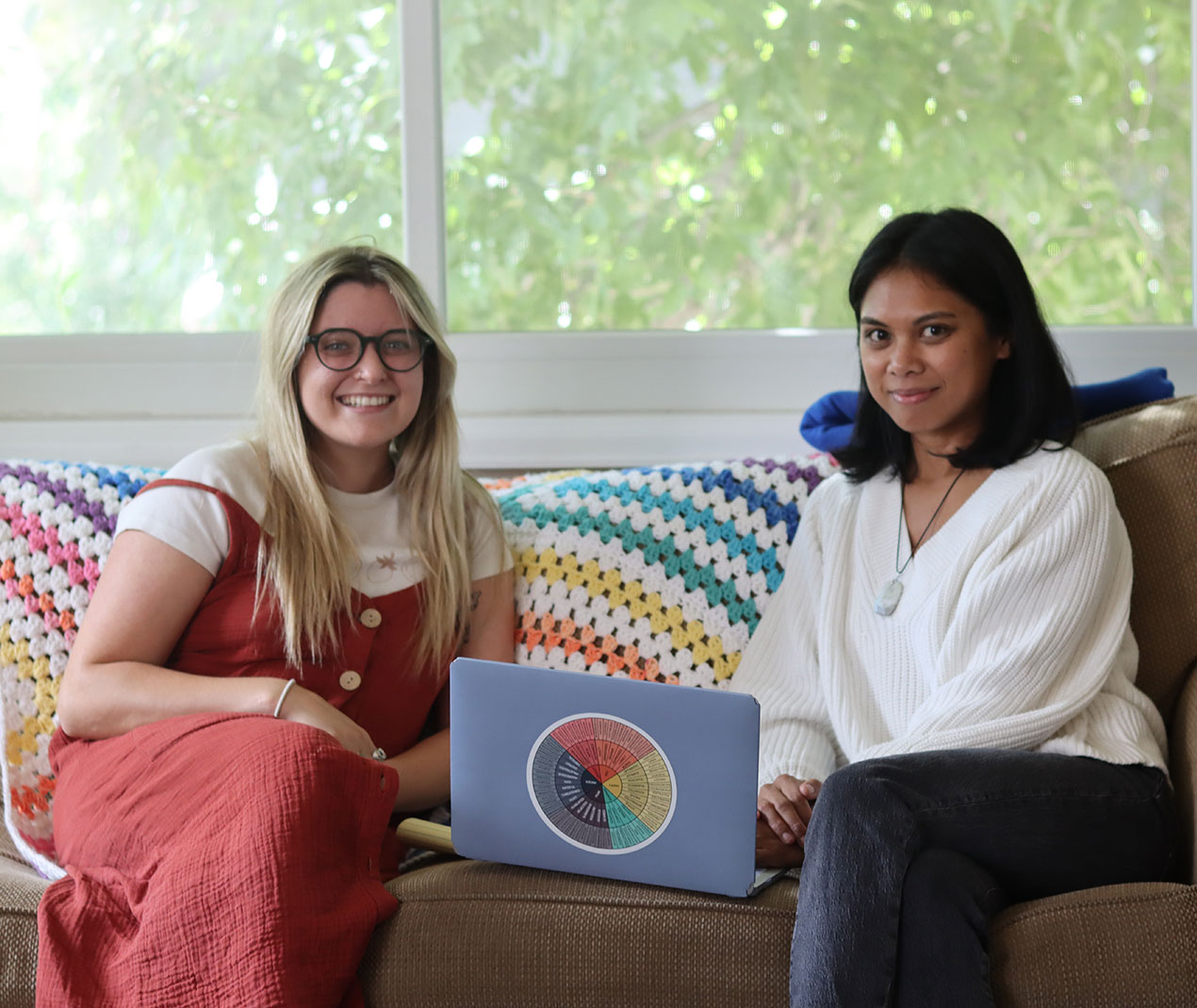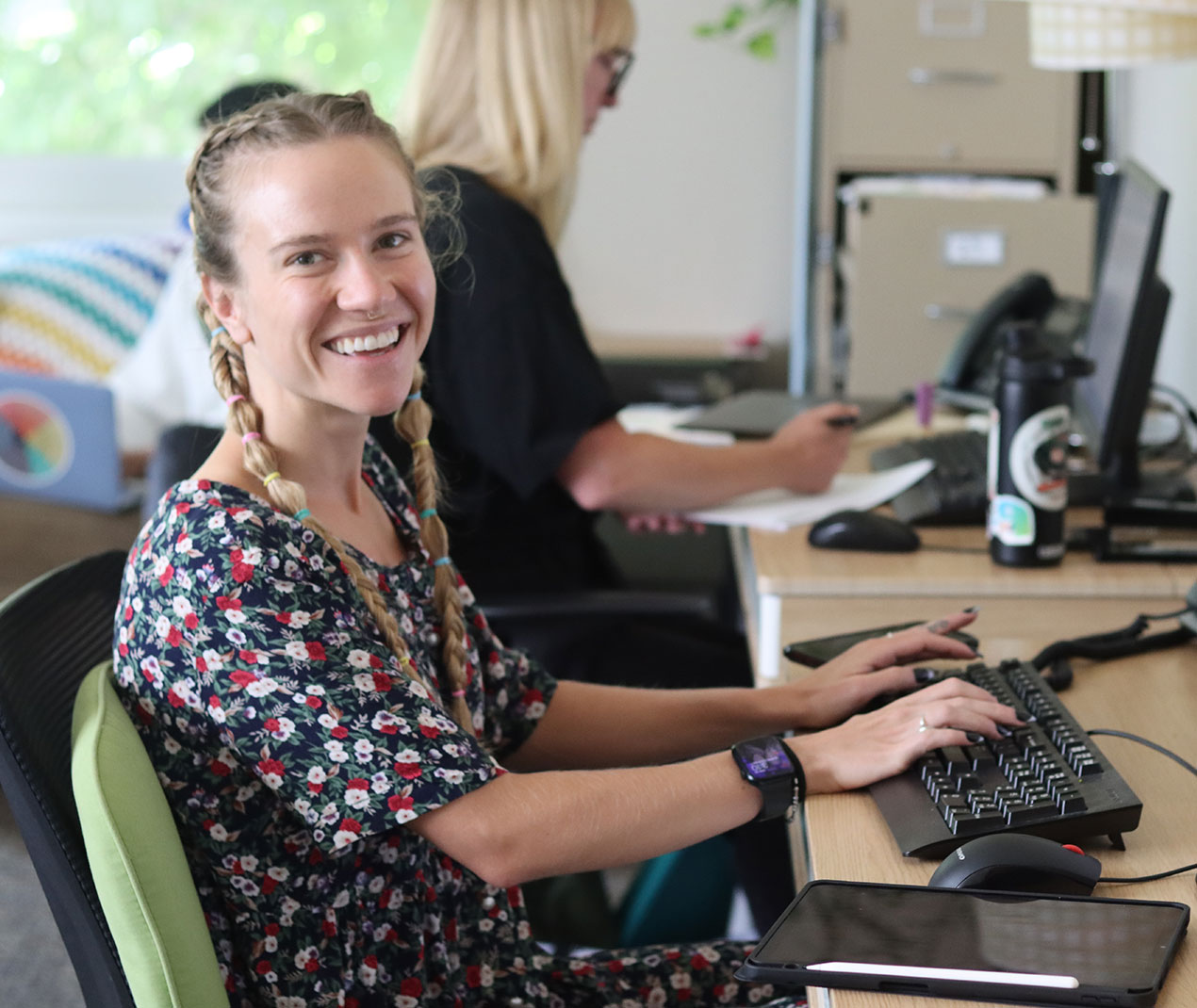Finance Manager – Part time
Safehouse Progressive Alliance for Nonviolence is seeking a dynamic team member to work closely with and among other SPAN teammates in its quest to end interpersonal violence within the community.
Asking to join SPAN means you are committed to working toward fulfilling this mission.
The Position
The Finance Manager is responsible with the help of the Executive Director for managing SPAN’s day-to-day financial operations while ensuring adherence to GAAP and meeting non-profit compliance requirements. The position creates systems, processes, and policies to ensure staff and management are supported to achieve the goals of the organization.
This part time position begins at 32 hours per week; hours may fluctuate throughout the year and will not be fewer than 20 hours per week.
Compensation
This is a non-exempt, hourly position. The pay range is $33.65-$36.06 an hour, depending on qualifications. Compensation also includes our standard benefit package, including a medical plan, dental plan, generous vacation, sick leave and holiday time off, reduced rate Eco-Pass, Simple IRA retirement plan with 2% agency contribution, and Employee Assistance Program.
About You
You have a passion for social justice, non-violence, equity, and inclusion. You have progressive experience in nonprofit financial management. You’ve been at the management level working in nonprofit finances and operations and leadership. You are detail oriented, and you’re organized. You’ve created systems, processes, and policies that ensure compliance with the best financial practices. You’re a collaborator; you work well with internal departments and organizational stakeholders to advance program and agency goals.
A Day in the Life
The Finance Manager will be responsible for daily, weekly, and monthly tasks including:
• Accounts Payable
• Accounts Receivable
• Bank Reconciliation
• General Bookkeeping
• Prepare Board Financial Reports
The Finance Manager is responsible for ensuring all financial transactions are properly recorded in adherence with US GAAP, including reviewing and approving the accounting entries of staff. Coordinates annual financial audit; works with Executive Director and auditor to ensure timely audit and 990 tax form completion. Works closely with the Executive Director and Board of Directors to develop, implement, and update finance/accounting policies, procedures, and protocols.
Grants Management
The Finance Manager will work closely with program staff and the Executive Director to:
• Prepare grant budgets
• Completes financial grant reporting
• Help ensure timely budget spend down on grant contracts.
• Help inform operational and programmatic staff of all financial requirements, amendments, and monitor compliance.
What You Bring to Us
Bachelor’s degree in accounting, finance, business administration, or in a related field required, or any equivalent combination of education and/or experience. Master’s degree in business administration,
organization management, or related field preferred. Certified Public Accountant (CPA) and/or Certified Management Accountant (CMA) designation not required, but a plus. Seven years of progressive experience in finance or accounting, and 5 years’ experience serving in a business, finance, or operations role of a nonprofit or community organization or business. Strong knowledge of accounting principles applicable to nonprofit organizations, including GAAP and Federal Funds requirements (2 CFR 200).
Financial planning and analysis experience. You need great computer skills including Microsoft Office, QuickBooks, and Salesforce. You also need to produce and meet deadlines in our fast-paced and changing environment and have proven written and oral communication skills. The desire and ability to work with passion, diligence, and humor; usually days, but nights and weekends if needed.
About Us
Safehouse Progressive Alliance for Nonviolence (SPAN) is a human rights organization committed to ending violence against adults, youth, and children through support, advocacy, education, and community
organizing. Operating since 1979, SPAN is the only organization serving Boulder, western Broomfield, smaller towns, and unincorporated Boulder County, designed to provide shelter and advocacy for victims of interpersonal violence. SPAN is dedicated to the promotion of social justice, diversity, equity, inclusivity, peace and non-violence for all individuals and their families.
SPAN Culture:
SPAN team members are dedicated and work in a fast-paced environment with full days – including some evenings and weekends – yet remain committed to a healthy work/life balance. While SPAN expects work
to be taken seriously, it also knows the importance of having fun and the value of enjoying the work.
SPAN’s Organizational Goals:
• Foster organizational excellence – Provide meaningful and effective support and resources to adults, children, and youth impacted by interpersonal violence.
• Violence prevention initiatives – Implement initiatives that promote safety, dignity, and liberation for all people.
• People Centric – Engage team members, individuals, groups, policy makers, and the community at large in efforts that promote economic, racial, and social justice and an atmosphere where team members and clients are valued.
• Inclusive – Team members are welcoming, inviting, authentic, outward-facing, and visible to all audiences, voices, and stories.
Application Process
• Email a resume and cover letter to hr@safehousealliance.org
• Applications will be accepted until the position is filled.
The Legal Stuff
• You need to be able to sit or stand for long periods each day. While not frequent, you need to reach for, move and/or 15 pounds and use your hands to finger, handle, or feel objects, tools, or controls, mobility to access a wide variety of meeting and settings, and to perform a variety of tasks that involve standing, walking/traversing, sitting, stooping, kneeling, bending, and twisting, occasionally climbing stairs or using an elevator, possibly reaching chest high and overhead for materials, with reasonable accommodation (we put it all in 1 sentence to may our legal team happy!).
• Ability to communicate adequately in person and by phone, in personal and group settings, and function with periodic distractions such as people, telephone calls, and noise.
• Ability to work with, and process information from, a variety of individuals and media (e.g., computers, projected images, printed materials).
• SPAN is committed to the principle of equal employment opportunity for all team members and to providing a work environment free from discrimination and harassment. All employment decisions at SPAN are based on business needs, job requirements, and individual applicant
qualifications, without regard to race, color, religion, or belief, ancestry, age, sex (including pregnancy, sexual orientation, and gender identity), family or parental status, or any other status protected by law. SPAN will not tolerate discrimination or harassment based on any of these characteristics.



